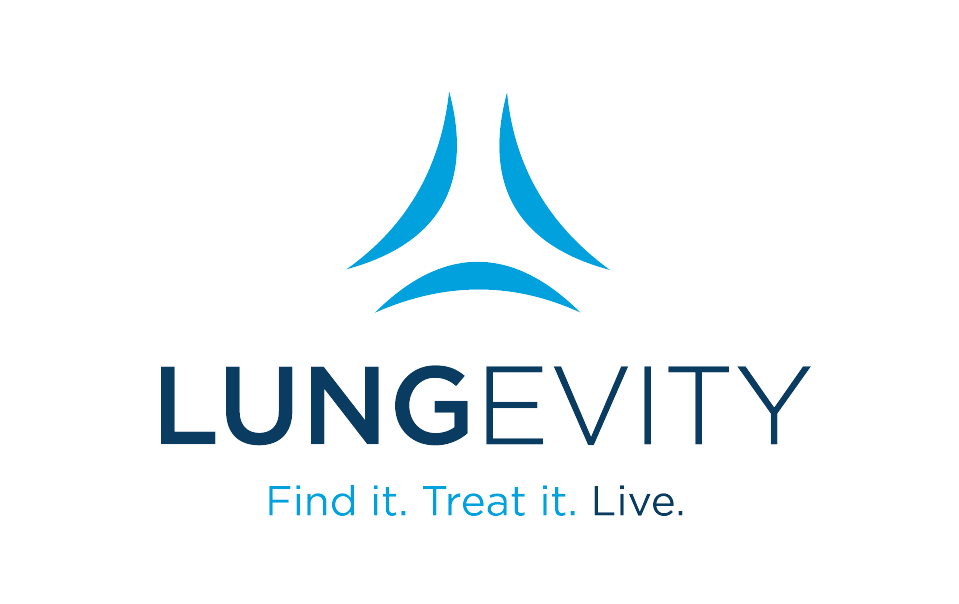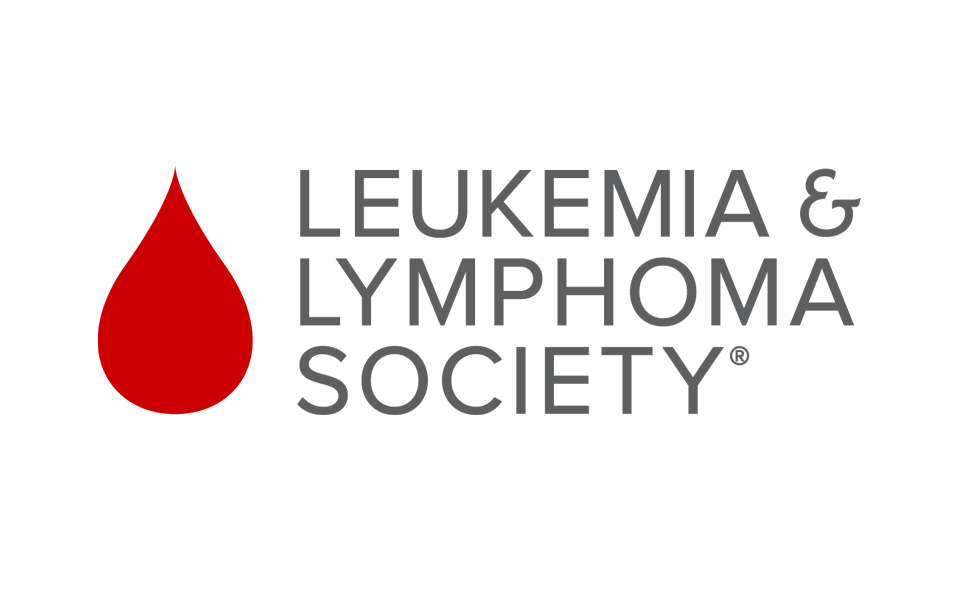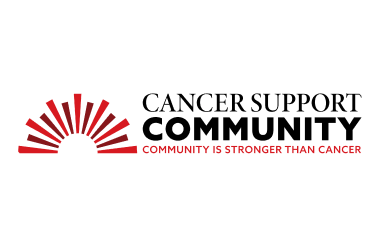- Cancer Care Team
Cancer Care Team
To deliver optimal patient outcomesProducts and Services
Cancer Type
Supplies & Tools
Scientific Focus
- Biopharma Partners
- Patients
- Education & Events
- Login
- Contact Us

We're here to support you and your provider at every step of your testing and treatment journey.
Welcome to Labcorp Oncology
We are here to support you throughout your cancer journey. You may know Labcorp from having your labs drawn at some point in your healthcare experience. As an established leader in providing answers, Labcorp Oncology is here to help you and your healthcare team learn about your cancer. Learning the specifics of your cancer can help you develop the treatment plans that best meet your needs.

Screening and Early Detection
Regular interactions with your healthcare team are an important part of your journey. You know your body best and should take an active role in reaching out for your routine exams or if you have a concern. Click below to learn about screening checks for adults in your age group.
Women Ages 18-39
Physical Exam
- Blood Pressure
- Height, Weight, and BMI
- Vision Check—this may be done by your primary care physician or optometrist
- Skin Check—a preliminary check by primary care provider or full exam by a dermatologist
Routine Blood Work
- Complete Blood Count*
- Basic Metabolic Panel*
- Thyroid Panel*
- Cholesterol & Lipid Panel*
- Diabetes Risk Assessment*
Women's Health Screenings
- Cervical Cancer Screening (ages 30 through 65)
- Either a Pap test every 3 years or the HPV test every 5 years depending on your health and sexual history
- STI Tests
- Yearly for under 25 and sexually active
- Yearly for over 25 and you have new or multiple sex partners
Other Important Health Checks
- Dental Exam
Immunizations
- Flu
- COVID-19 Vaccine and/or Booster
*Available to purchase on Labcorp OnDemand
Women Ages 40+
Physical Exam
- Blood Pressure
- Height, Weight, and BMI
- Vision Check— this may be done by your primary care physician or optometrist.
- Skin Check— a preliminary check by primary care provider or full exam by a dermatologist
Routine Blood Work
- Complete Blood Count*
- Basic Metabolic Panel*
- Thyroid Panel*
- Cholesterol & Lipid Panel*
- Diabetes Risk Assessment*
Women's Health Screenings
- Cervical Cancer Screening (ages 21-65)
- A pap test and HPV test every 3 to 5 years depending on age, health and sexual history.
- STI Tests
- Yearly screening for ages 24 and younger
- Yearly screening for ages 25 and older based on sexual history
- Breast Cancer Screening
Screenings for 45+
- Colon Cancer Screening starting at 45*
- Osteoporosis Screening over age 50
- Chronic Kidney Disease starting at 60+
Other Important Health Checks
- Dental Exam
Immunizations
- Flu
- COVID-19 Vaccine and/or Booster
- Shingles may be necessary after age 50
*Available to purchase on Labcorp OnDemand
Men Ages 18-39
Physical Exam
- Blood Pressure
- Height, Weight, and BMI
- Vision Check—this may be done by your primary care physician or optometrist
- Skin Check—a preliminary check by primary care provider or full exam by a dermatologist
- Testicular Exam (self-exam)
Routine Blood Work
- Complete Blood Count*
- Basic Metabolic Panel*
- Cholesterol & Lipid Panel*
- Diabetes Risk Assessment*
Men's Health Screenings
- STI Tests
- Yearly for under 25 and sexually active
- Yearly for over 25 and you have new or multiple sex partners
Other Important Health Checks
- Dental Exam
Immunizations
- Flu
- COVID-19 Vaccine and/or Booster
*Available to purchase on Labcorp OnDemand
Men Ages 40+
Physical Exam
- Blood Pressure
- Height, Weight, and BMI
- Vision Check— this may be done by your primary care physician or optometrist.
- Skin Check— a preliminary check by primary care provider or full exam by a dermatologist
- Testicular Exam (self-exam)
Routine Blood Work
- Complete Blood Count*
- Basic Metabolic Panel*
- Cholesterol & Lipid Panel*
- Diabetes Risk Assessment*
Men's Health Screenings
- STI Tests
- Yearly for under 25 and sexually active
- Yearly for over 25 and you have new or multiple sex partners
- Prostate Cancer Screening Ages 50+
- Talk to you doctor: Age may differ based on family history
Screenings for 45+
- Colon Cancer Screening starting at 45*
- Osteoporosis Screening over age 50
- Chronic Kidney Disease starting at 60+
Other Important Health Checks
- Dental Exam
Immunizations
- Flu
- COVID-19 Vaccine and/or Booster
- Shingles may be necessary after age 50
*Available to purchase on Labcorp OnDemand

Biomarker Testing
Biomarker testing in its simplest form is testing either a part of your tumor, or using a blood sample, to look at the makeup of your cancer and identify ways in which it is unique to you. This type of testing and knowledge allows your healthcare team to offer specific treatment options that will work best for you. Labcorp Oncology offers several different tests to help gather this information. Please read below for additional information on biomarker testing.

Simplified Guide for Patients and Their Healthcare Team
We are proud to partner with LUNGevity and provide this discussion guide as a support tool for people asking their provider questions about biomarker testing.
The guide can also be used by healthcare providers to teach their patients about how biomarker test results are used to make decisions about optimal treatment and clinical trial options.
Clinical Trial Opportunities
You may learn from your testing or from your healthcare team that a clinical trial is an option for you. The National Cancer Institute defines a clinical trial as research studies that test how well new medical approaches work in people. Clinical trials are options for patients throughout their cancer journey, and discussing your options is a normal part of the treatment making process. In fact, if your healthcare team does not talk with you about a clinical trial, you should feel free to ask them if there is an option for you.
To learn more about clinical trials, visit the National Cancer Institute here.
Learn more about clinical trials available through Labcorp.
Explore the most comprehensive list of clinical trials available to all patients, regardless of disease type.

Education and Support
At Labcorp Oncology, we know how important it is to have someone like you walk with you along your journey. Below, you will find organizations who may be helpful to you with additional information or support services.

The American Cancer Society is on a mission to free the world from cancer. They fund and conduct research, share expert information, support patients and spread the word about prevention.

The LUNGevity Foundation is changing outcomes for people with lung cancer through research, education and support services. They are dedicated to funding scientific research to help people live better with lung cancer.

The LLS mission: Cure leukemia, lymphoma, Hodgkin's disease and myeloma, and improve the quality of life of patients and their families.

Tigerlily foundation is focused on educating, advocating for, empowering, and supporting women before, during, and after cancer. They provide patients with resources, peer navigation, information on clinical trials, community and stakeholder engagement opportunities.

CSC is a global non-profit network of 175 locations, including Gilda's Club centers, hospital and clinic partnerships, and a telephone helpline. They provide more than $50 million in free support and navigation services to patients and families.

Swim Across America, Inc.(SAA) is dedicated to raising money and awareness for cancer research, prevention, and treatment through community charity swims across the country. The money raised in each community is granted to a local beneficiary to give patients and families hope in the fight against cancer.
Financial and Insurance Resources

Support With Bill Pay
For your convenience, Labcorp offers you the ability to complete a number of tasks online to help with your payments, insurance and billing information. Got more questions about billing and payments? We’ve got you covered with our frequently asked Bill Pay questions.

Financial Assistance
We provide a variety of options to assist patients who need financial assistance through payment plans and financial hardship programs.

Insurance Coverage
We strive to make the payment process as easy as possible by directly filing claims for insured patients to Medicare, Medicaid, insurance companies and managed care plans.
Frequently Asked Questions (FAQs)
We understand that you may have additional questions. While your healthcare
team is always your best and first resource, here are a few common questions
patients may have about testing:
- When will I receive my test results?
Because different tests have different lengths of time to process, your healthcare team may be able to give you a specific answer. However, genomic testing generally can take 14 –21 days for the full results to come back. It’s best to ask your physician when your results will be available.
- What do my test results mean?
The testing that is being done will give your healthcare team information that will allow them to provide care that is personalized to your specific cancer. The test results will tell them if you do or do not have specific changes that would lead to a better experience with a certain type of treatment. In the case of genetic testing, the results will give you a sense of your risk of developing another cancer. When you receive your results, your healthcare team knows how to best interpret them and should contact you to discuss them. If you don’t hear from them or have questions about your results, don’t hesitate to contact your physician directly
- What is a diagnostic test?
These are tests that help your healthcare team diagnose many things—including the specific type of cancer you have as well as whether your cancer has specific characteristics that may have an impact on the type of treatment you will be offered. Diagnostic tests are also performed to determine the extent of your cancer and the likelihood of your cancer returning or spreading. Finally, diagnostic tests can be performed if you are not feeling well to pinpoint a reason—for example, a urinalysis is a diagnostic test.
- What is a screening test?
Oncology screenings check your body for cancer if you do not have any symptoms. Regular screening tests may find certain cancers early, providing the best chance for a cure. Your healthcare team should review cancer screening guidelines with you during your annual visit. For example, Septin-9 is for colorectal cancer screening. Together with your healthcare team, you can determine what's best for you based on your risk factors for cancer.
- What is next-generation sequencing (NGS) testing?
Genes are a part of every cell in the body. They carry information that allows the cell to survive and create new cells. NGS tests look at many genes that represent your cancer. They find a wide range of characteristics that may indicate a type of cancer. Unlike tests thatlook for a specific mutation, NGS testing gives your physician much more information about your cancer. This information can be used to determine the type of therapy that may be best for you, as one example.
- What is a companion diagnostic (CDx)?
A companion diagnostic test is just like it sounds—it’s a companion to a certain type of treatment. Certain cancer treatments target specific abnormalities, or mutations; to be eligible for that treatment, a specific test must be performed to determine if that mutation is present. That test is a companion diagnostic. If there is not a treatment already available, there may be one in the clinical research process or scientists may be working to find one. Either way, the test is a ‘companion’ to the treatment being considered and must be done before you receive treatment to make sure that the treatment is the best option for your type of cancer. There are also complementary diagnostics, which are recommended, but not required, for certain targeted treatments. Complementary diagnostics can identify if a patient is more or less likely to benefit from the associated treatment.
- Is a clinical trial right for me?
“Clinical trial” refers to the process of testing a new solution (medication, diagnostic test, activity, etc.) to make sure that it is safe and effective for broader and regular use. A new medication does not receive approval for use by the U.S. Food and Drug Administration until it goes through several stages of clinical trials. As a part of your treatment planning and before you agree to begin any new treatment, you should specifically ask your healthcare team if a clinical trial is an option for you. They should review with you the specifics about your type of cancer and your physical state (as determined by lab tests, for example) and share any clinical trials that would be available to you. Deciding to participate or not in a clinical trial is an important decision. For more information about clinical trials, you can visit the Cancer Support Community’s website at https://www.cancersupportcommunity.org/clinical-trials, and to learn about what trials may be available for you, you can visit https://www.clinicaltrials.gov.
Finding Us Is Easy
Our locations are within 5 miles of most people in the US



